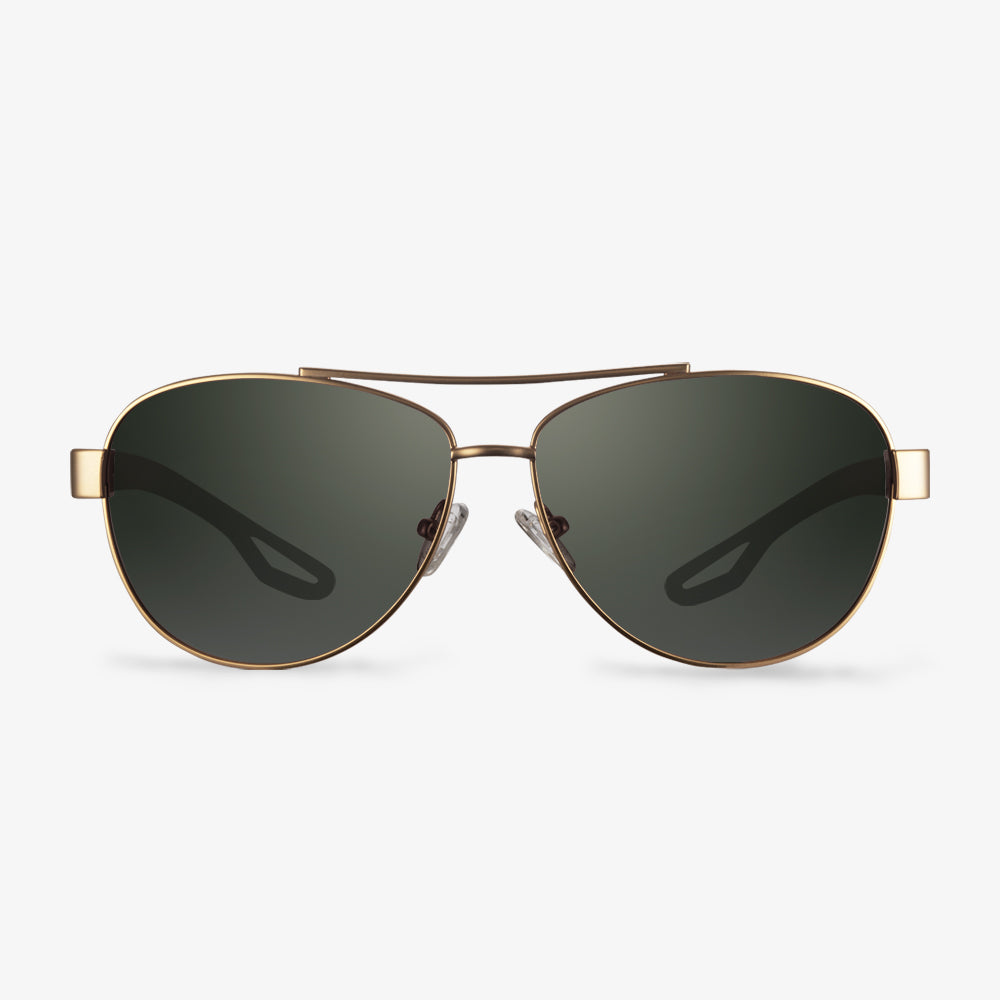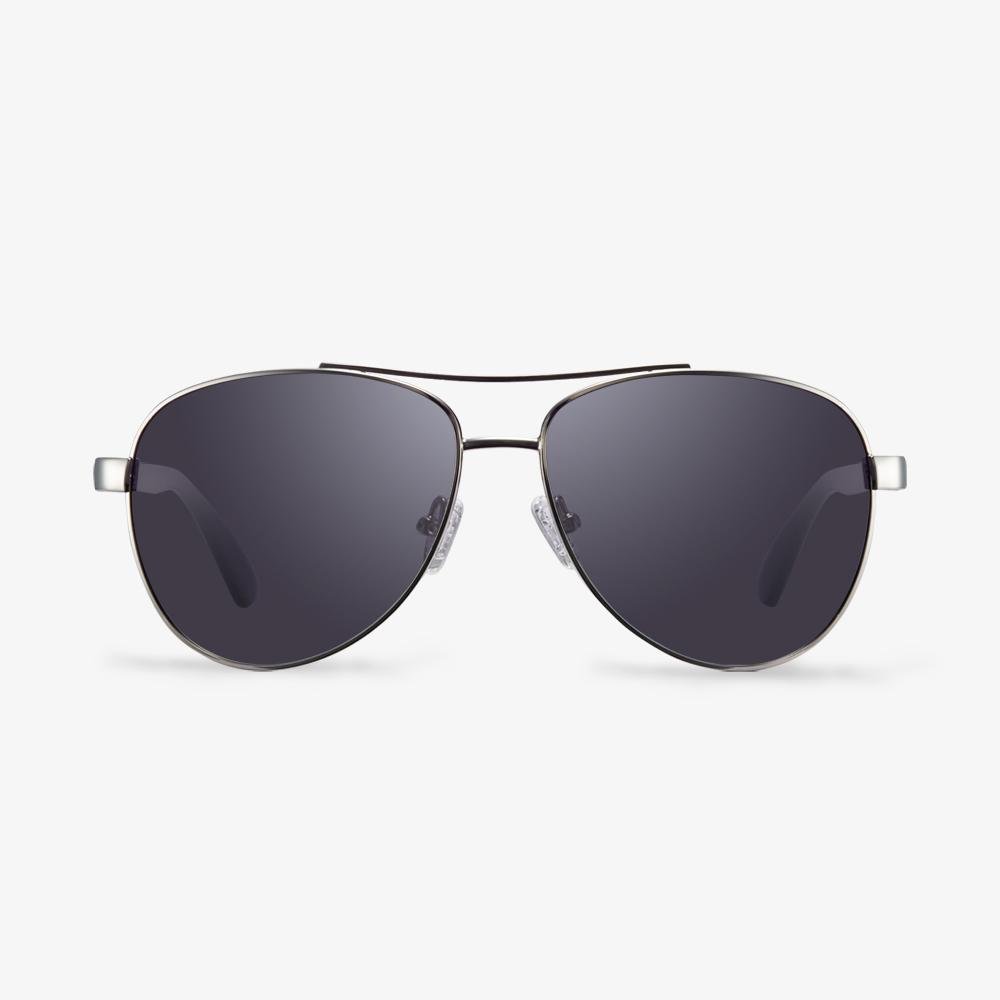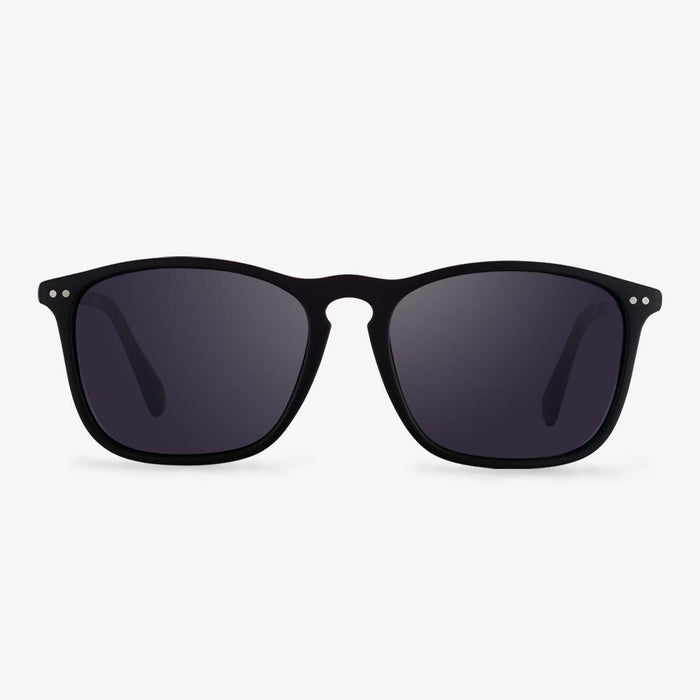Sunglasses are an essential accessory for many, especially when it comes to driving. They not only shield your eyes from harmful UV rays but also reduce glare, making it easier to see clearly on bright, sunny days. Among the various options available, polarized sunglasses have gained popularity for their ability to minimize glare effectively. However, are polarized sunglasses the ideal choice for driving cars? In this article, we'll explore the benefits and considerations of using polarized sunglasses behind the wheel.
Understanding Polarized Sunglasses
Polarized sunglasses contain a special filter that blocks horizontally polarized light, such as glare bouncing off flat surfaces like water, roads, or car hoods. This technology helps reduce the intensity of glare and improve visual comfort, making them an attractive choice for drivers.
Benefits of Polarized Sunglasses for Driving
-
Reduced Glare: One of the primary advantages of polarized sunglasses is their ability to minimize glare from surfaces like wet roads, windshields, and other vehicles. This reduction in glare can enhance your visibility and reduce eye strain during long drives, particularly on sunny days.
-
Improved Contrast: Polarized lenses can enhance contrast and clarity by reducing scattered light. This allows you to distinguish objects and road features more easily, enhancing your ability to react to potential hazards.
-
UV Protection: Quality polarized sunglasses also offer UV protection, shielding your eyes from harmful ultraviolet rays. Prolonged UV exposure can contribute to eye damage, so wearing sunglasses with proper UV protection is essential for eye health.
Considerations for Using Polarized Sunglasses While Driving
While polarized sunglasses offer several advantages, there are some considerations to keep in mind:
-
LCD Displays: Some modern car displays and navigation systems use liquid crystal display (LCD) screens. Polarized lenses can interfere with the visibility of these screens, potentially causing distortion or reduced readability. In such cases, you may need to tilt your head or remove the sunglasses briefly to view the screens clearly.
-
Nighttime Driving: Polarized sunglasses are not suitable for nighttime driving or low-light conditions. They can reduce visibility in these situations, as they may make it difficult to see important details and objects.
-
Color Perception: Some people may find that polarized lenses affect their perception of colors. While this is not typically a major concern for driving, it's essential to be aware of any changes in color perception when using polarized sunglasses.
Polarized sunglasses can be an excellent choice for driving in bright, sunny conditions, as they effectively reduce glare and improve visibility. They provide added protection from harmful UV rays, reducing the risk of eye damage. However, it's crucial to be mindful of their limitations, particularly when it comes to compatibility with LCD screens and nighttime driving.
Ultimately, the ideal sunglasses for driving may vary based on personal preferences and driving conditions. When choosing sunglasses for your car journeys, consider the weather, lighting conditions, and the type of driving you typically engage in. Whether you opt for polarized sunglasses or non-polarized ones, prioritize comfort, safety, and protection for your eyes to ensure a smooth and safe driving experience.






































